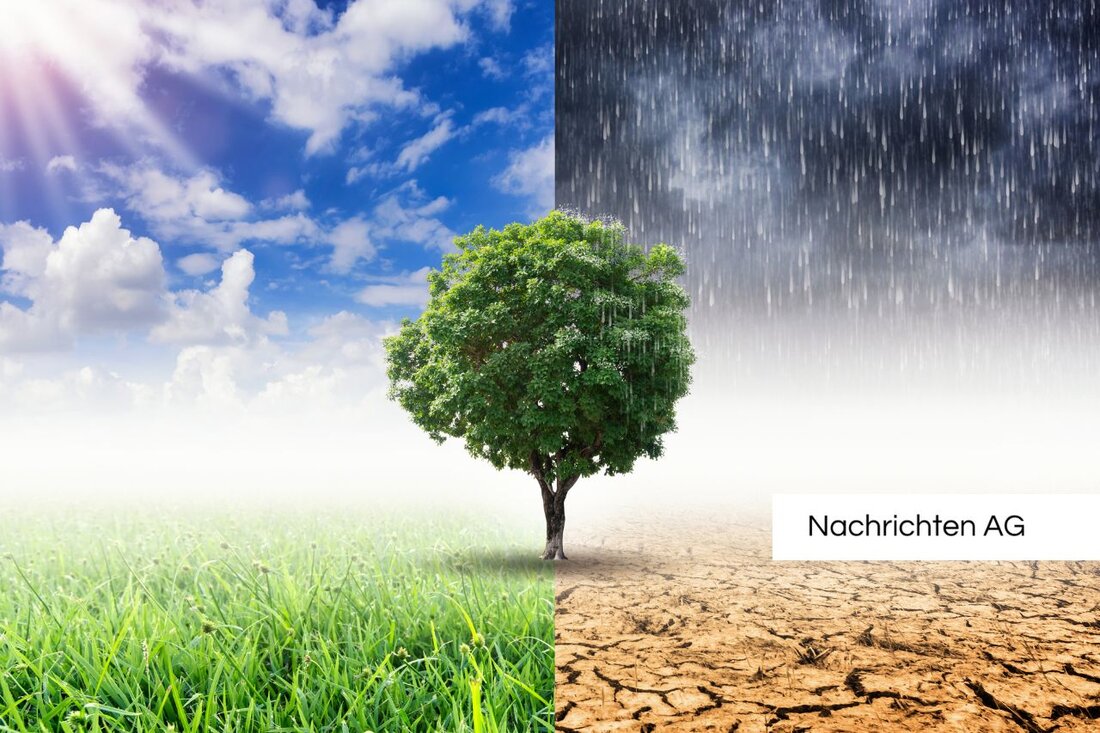Focus on heating transition: Germany aims for a climate-neutral future!
Dr. Anna Billerbeck receives the German Study Prize 2025 for her doctoral thesis on the climate-neutral heat transition at the University of Freiburg.

Focus on heating transition: Germany aims for a climate-neutral future!
Dr. Anna Billerbeck received the German Study Prize 2025 for her remarkable doctoral thesis entitled “Climate Neutrality through Heat Networks – Technological-Economic, Political and Social Perspectives on the Heat Transition”. Her work deals with the important topic of the heat transition and its contribution to a climate-neutral energy system. Billerbeck has shown that the expansion of climate-neutral heating networks is crucial in order to reach 25% of the heated area in Europe. However, this requires an integrated approach to regulating heating networks in order to increase market transparency and involve consumers more closely. Billerbeck is currently working as a research assistant and project manager at the Fraunhofer Institute for Systems and Innovation Research (ISI) in Karlsruhe and is using her knowledge to promote the heating transition. uni-freiburg.de reports about their success and the relevance of their research.
The legal basis for the heat transition is laid by the law on heat planning and the decarbonization of heat networks (WPG) and the Building Energy Act (GEG). These legal frameworks are essential for the expansion of renewable energies in the heating sector, while funding programs are necessary to support investments in efficient heating networks and energy-efficient buildings. However, the transformation of the heating sector faces challenges, particularly in terms of technological transition and efficient heat generation. A key challenge is the need for comprehensive infrastructure development, particularly in urban areas where heating networks play a crucial role. isi.fraunhofer.de points this out that appropriate legal and economic framework conditions must be created in order to offer investment security and promote acceptance by the population.
Challenges and solutions
In Germany, the operation of buildings causes around 35% of final energy consumption and 30% of CO₂ emissions. A sustainable, greenhouse gas-neutral heat supply is therefore crucial in order to significantly reduce climate-damaging emissions. The RESCUE study by the Federal Environment Agency (UBA) examines possible solutions for achieving these goals by 2045. In order to actually achieve the climate goals set out in the National Climate Protection Act (KSG) and the Building Energy Act (GEG), measures for building changes must be planned today. An important premise here is the principle of “efficiency first” – heat should not be wasted. Umweltbundesamt.de highlights that energy-efficient renovations and innovative processes, such as serial renovations and renovation sprints, are central to climate protection in existing buildings.
Another important aspect are the social challenges that are closely linked to the heat transition. Energy-poor households often face the challenge of heating their homes adequately. Therefore, social climate policies must provide measures that support these households. Municipalities play a central role in implementing the heat transition by introducing political instruments such as municipal heat planning that promote the switch to renewable energies. The federal government has also launched numerous funding programs aimed at decarbonizing heat consumption.
In summary, it can be said that the heating transition agenda in Germany requires a complex interplay of technological, economic and social factors. However, the success of the heating transition depends crucially on the creation of stable framework conditions that promote both investment and broad acceptance among the population.

 Suche
Suche
 Mein Konto
Mein Konto